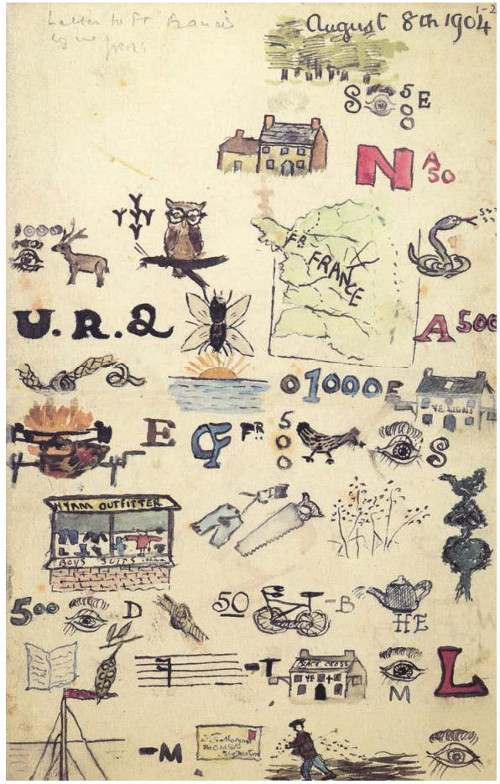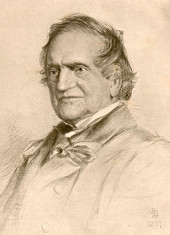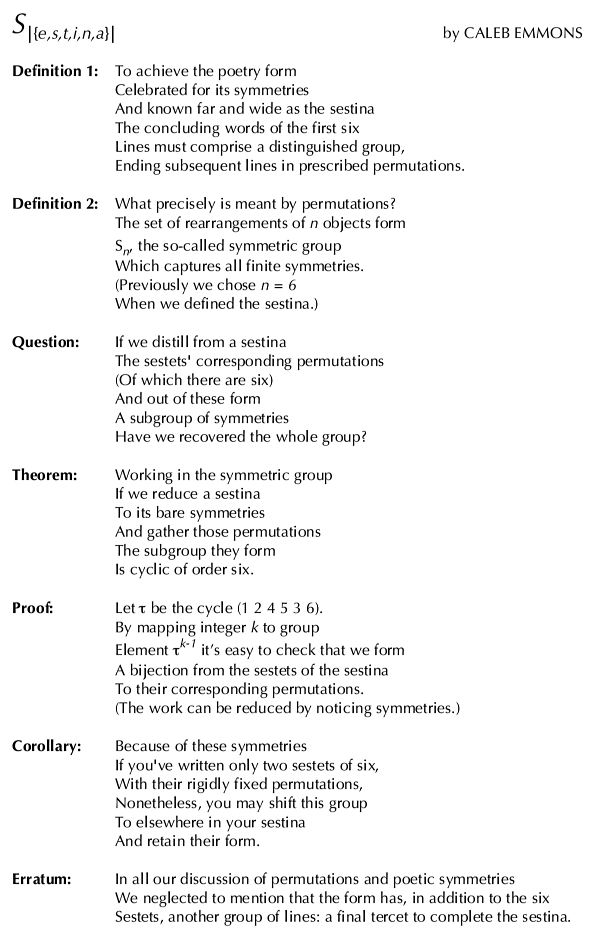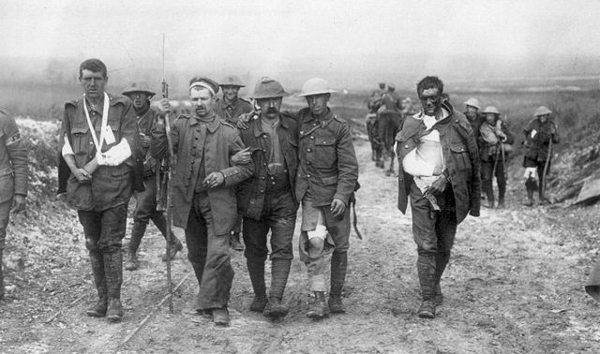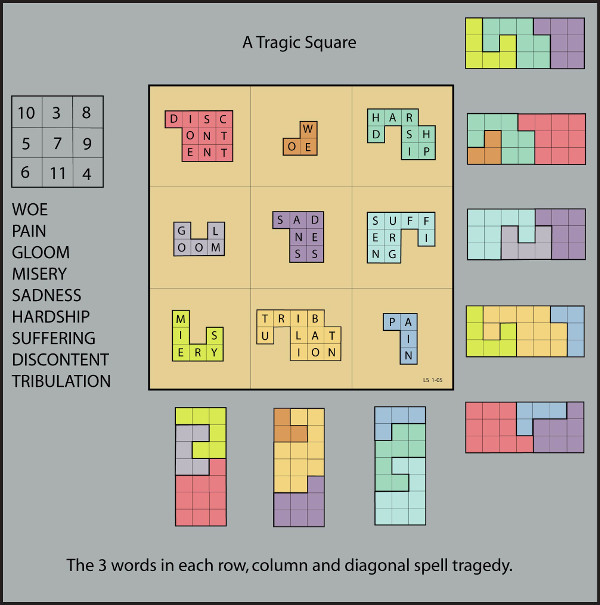In 1831 this riddle appeared in a British publication titled Drawing Room Scrap Sheet No. 17:
In the morn when I rise, / I open my eyes, / Tho’ I ne’er sleep a wink all night;
If I wake e’er so soon, / I still lie till noon, / And pay no regard to the light.
I have loss, I have gain, / I have pleasure, and pain; / And am punished with many a stripe;
To diminish my woe, / I burn friend and foe, / And my evenings I end with a pipe.
I travel abroad. / And ne’er miss my road, / Unless I am met by a stranger;
If you come in my way, / Which you very well may, / You will always be subject to danger.
I am chaste, I am young, / I am lusty, and strong, / And my habits oft change in a day;
To court I ne’er go, / Am no lady nor beau, / Yet as frail and fantastic as they.
I live a short time, / I die in my prime, / Lamented by all who possess me;
If I add any more, / To what’s said before / I’m afraid you will easily guess me.
It was headed “For Which a Solution Is Required,” perhaps meaning that the editor himself did not know the solution. I think he may have found the riddle in The Lady’s Magazine, which had published it anonymously in September 1780 without giving the answer. Unfortunately he seems to have been disappointed — the Drawing Room Scrap Sheet never printed a solution either.
A century and a half later, in 1981, Faith Eckler challenged the readers of Word Ways: The Journal of Recreational Linguistics to think of an answer, offering a year’s subscription to the journal as a reward. When no one had claimed the prize by February 2010, Ross Eckler renewed his wife’s challenge, noting that the National Puzzlers’ League had also failed to find a solution.
That’s understandable — it’s tricky. “The author of the riddle cleverly uses ambiguous phrases to mislead the solver,” Ross Eckler notes. “I still lie till noon (inert, or continue to?); evenings I end with a pipe (a tobacco holder, or a thin reedy sound?); to court I ne’er go (a royal venue, a legal venue, or courtship?).”
To date, so far as I know, the riddle remains unsolved. Answers proposed by Word Ways readers have included fame, gossip, chessmen, a hot air balloon, and the Star and Stripes, though none of these seems beyond question. I offer it here for what it’s worth.
UPDATE: A solution has been found! Apparently The Lady’s Diary published the solution in 1783, which Ronnie Kon intrepidly ran to earth in the University of Illinois Rare Book and Manuscript Library. He published it in Word Ways in November 2012 (PDF). I’ll omit the solution here in case you’d still like to guess; be warned that it’s not particularly compelling. (Thanks, Ronnie.)



